- Home
- Blog
- Women Care
5 Micronutrients Every Woman Must Add To Their Diet Immediately
Women Care
5 Micronutrients Every Woman Must Add To Their Diet Immediately
By Apollo 24|7, Published on- 10 May 2022, Updated on -18 October 2022
Share this article
0
8 likes

We all are well aware of the fact that carbohydrates, protein, and fats make up the bulk of the nutrition in our food. These nutrients are required to maintain the calorie balance in the body and can be gained easily from a regular diet. However, micronutrients, comprising vitamins and minerals, are equally essential for the optimal functioning of the body. Though required in tiny amounts, the absence of micronutrients in the diet can result in several illnesses. Micronutrients are extremely important for women during the major transitions of life such as menarche (starting of menstruation), pregnancy, and menopause. Let us understand more about these nutrients in this article.
1. Iron
Iron deficiency anaemia affects more than 38% of pregnant women globally. Anaemia during pregnancy can increase the risk of death for the mother and low birth weight for the baby. Iron is an essential micronutrient as it helps in the development of motor (movement) and cognitive (thinking, decision making) skills in the baby. Iron is also necessary for the production of red blood cells in the body, which is essential during menstruation and pregnancy.
Recommended daily allowance: Women must consume 28 milligrams (mg) of iron daily. The requirement for iron increases to 38 mg during pregnancy and lactation. For men, 28mg. For women, 30mg. For lactating women, 38mg. For children, 12-26mg.
Food sources: Rich sources of iron include spinach, beetroot, pomegranate, apples, potatoes, whole grains, kidney beans, soybeans and chickpeas.
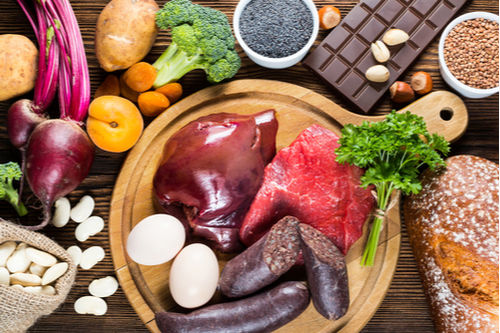
2. Folate
Folate is the naturally occurring form of vitamin B9, whereas folic acid is the man-made or synthetic form. Folate is required by the body to metabolise fats and proteins. Pregnant women require an adequate amount of folate to prevent birth defects such as neural tube defects in the baby’s spine and brain.
Recommended daily allowance: Women require 400 micrograms (mcg) of folate daily, which increases to 600 mcg for pregnant women and 500 mcg for lactating women.
Food sources: Foods such as broccoli, cabbage, spinach, lettuce, peas, beetroot, lentils, egg yolk and organ meat (liver) are rich in folate.
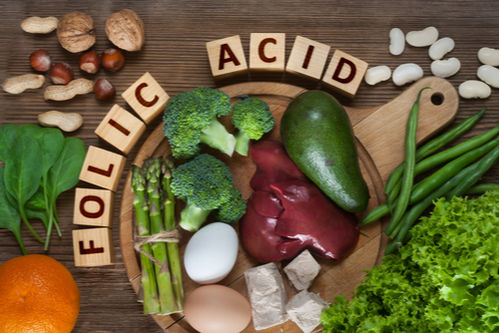
3. Calcium
Calcium is the most important mineral, crucial for maintaining bone health, especially in women. Women experience loss in bone density and mass after menopause, due to which calcium and vitamin D are extremely necessary for them throughout their life to maintain their bone strength. Enough calcium in the body of a woman reduces their risk of suffering from osteoporosis, fractures and other bone-related injuries.
Recommended daily allowance: For adult women, 400 milligrams (mg) of calcium is necessary daily for maintaining bone health. The requirement for calcium increases to 1000 mg in lactating and pregnant women.
Food sources: Dairy products such as milk, cheese and curd are rich in calcium and can be consumed daily. Seafood (salmon, sardines and shrimps), legumes and green leafy vegetables are also rich in calcium.
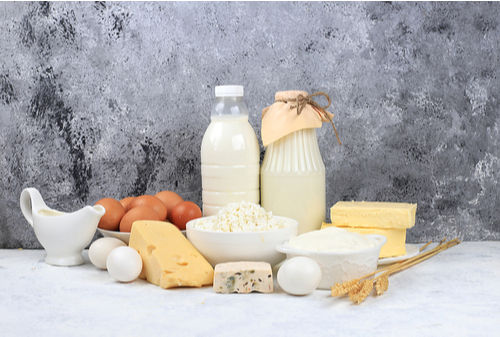
4. Vitamin D
Vitamin D is an essential micronutrient that helps in the absorption of calcium in the body. Studies reveal the intake of an adequate amount of vitamin D helps in preventing hypertension (high blood pressure) and heart disease. Low levels of vitamin D during pregnancy are linked to preeclampsia (dangerously high blood pressure), gestational diabetes (high blood sugar during pregnancy) and other pregnancy-related complications.
Recommended daily allowance: Women require 600 IU (International Units) of vitamin D daily. During pregnancy and lactation, the requirement for vitamin D increases to up to 800 IU.
Food sources: The precursor of vitamin D is naturally present in the skin and can get activated on exposure to sunlight. Other than sunlight, the food sources of vitamin D are cod liver oil, egg yolk, mushrooms and organ meat (liver).

5. Iodine
Since women are more likely to develop thyroid disease, iodine is extremely necessary for them as it is required by the thyroid gland to make hormones in the body. Studies reveal iodine promotes the development of healthy breast tissues in women and prevents the formation of abnormal cells, thereby reducing the risk of breast cancer. Pregnant women require iodine in sufficient amounts as it promotes the healthy growth and development of the baby.
Recommended daily allowance: For women, 150 micrograms (mcg) of iodine is necessary daily. However, as per the World Health Organisation, during pregnancy and lactation, women must consume 250 mcg of iodine daily.
Food sources: Iodized salt is the most easily available source of iodine. Seafood such as fish (tuna), shrimp and seaweed are rich in iodine. Dairy products such as milk, yoghurt, and cheese also contain iodine.
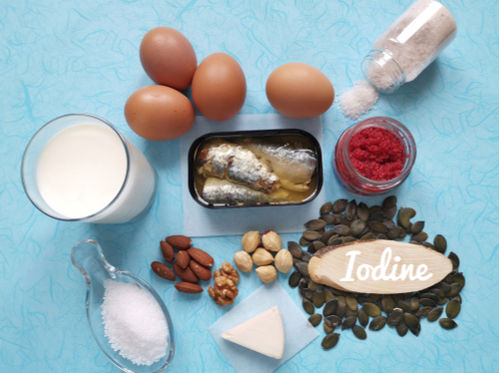
Malnutrition is very common in women due to the deficiency of essential vitamins and minerals in their bodies. Make sure that the women in your house consume a proper diet filled with all the micronutrients, especially the ones mentioned above, to keep nutritional deficiencies at bay.
Services
Women Care
Leave Comment
Services
Recommended for you
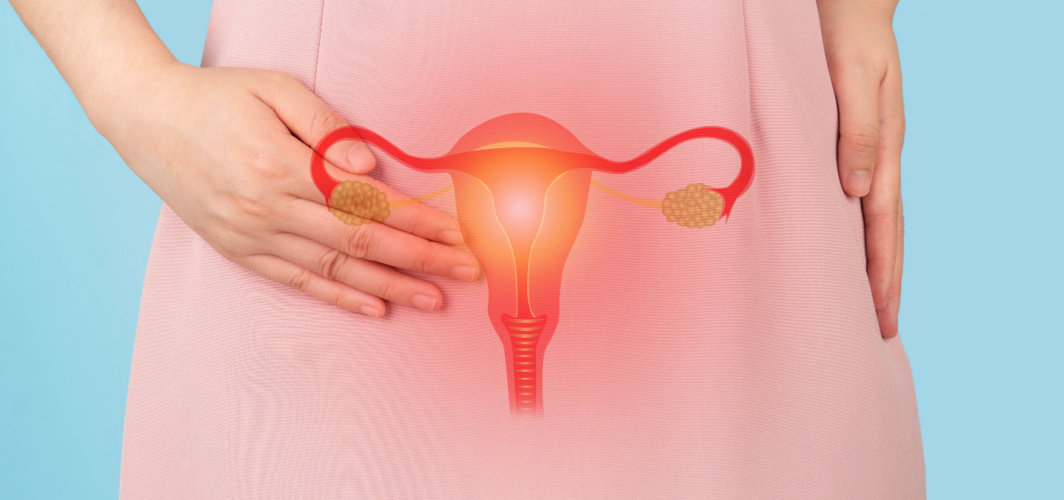
Women Care
8 Tests To Diagnose Polycystic Ovary Syndrome In Women
Blood tests play a vital role in diagnosing polycystic ovary syndrome (PCOS), a complex hormonal disorder in women. These tests offer valuable insights into PCOS mechanisms by analysing hormone levels and markers, enhancing patient care and enabling tailored treatment for better management and overall well-being.

Women Care
5 Major Health Issues Every Woman Must Know
The majority of women ignore their health problems keeping family and career as their priority. But every woman must know about these 5 major health issues at various ages from teenage to pregnancy to old age.

Women Care
What To Do And What To Avoid During Pregnancy?
When you are pregnant, it becomes all the more important to take care of your health. Adopting healthy practices is vital to ensure the proper development of your unborn baby and improve your overall well-being. So, here is a list of some of the best practices to engage in for a healthy and safe pregnancy.
Subscribe
Sign up for our free Health Library Daily Newsletter
Get doctor-approved health tips, news, and more.

